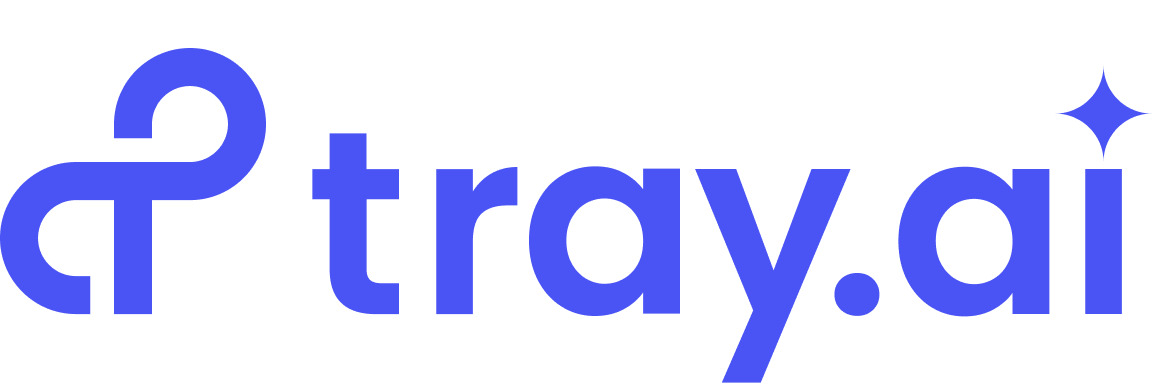Lightstep Adds AWS Lambda Observability, Also Shares Technology with OpenTelemtry
LightStep aims to provide fast and easy observability to commercial and open source developers using AWS Lambda. The AWS Lamdba extension will collect, ingest and reveal insights about serverless data.
Lightstep, a leading observability tool for companies using modern architectures has created an AWS Lambda extension for monitoring serverless projects.
The company has also contributed the new extension technology to the OpenTelemetry open source project. The addition aims to provide DevOps teams a quick and vendor-neutral way to collect, ingest, and ultimately understand serverless data.
“OpenTelemetry will become the defacto open standard for collecting telemetry data. Serverless functions like AWS Lambda add a level of abstraction and agility that are an important component of modern architectures -- this is why we’ve contributed the AWS Lambda Extension to the OpenTelemetry project for anyone to use said Lightstep Co-Founder and CTO Daniel “Spoons” Spoonhower in a statement.
According to a recent survey from the CNCF, which draws upon the global cloud-native community, OpenTelemetry is currently the most highly evaluated CNCF sandbox project, and the second most active project behind only Kubernetes.

“The idea behind OpenTelemetry is to create an open standard for collecting and pipelining observability data,” said Ted Young, Co-Founder of OpenTelemetry. “Traditional monitoring tools that enforce users to install proprietary agents will soon be a thing of the past.”
Prior to the latest Lightstep development, the challenge of monitoring serverless functions was the inability to capture accurate tracing information before the function was shut down, given their highly ephemeral and dynamic nature. In fact, the median AWS Lambda function only runs for 800 milliseconds, according to the recent State of Serverless Report.
In contrast, by running a properly configured OpenTelemetry Collector as a Lambda extension, users braid observability into the fabric of their serverless runtime, which keeps telemetry data flowing even as serverless functions are frozen and rescheduled, Spoonhower noted.
Lightstep’s AWS Lambda extension for monitoring serverless is the latest enhancement to a rich set of distributed tracing capabilities and benefits. Lightstep aims to provide complete system visibility and context, and includes support for:
Monitoring Deployments: Users can instantly detect everything -- from minor fluctuations to major deployments anywhere across their system. Lightstep also provides “before-and-after snapshots” of service health help users understand how newly-deployed changes upstream or downstream impact the performance of a service, and cut reactive investigation time to minutes.
Accelerated Root Cause Analysis: Users can investigate and resolve issues faster with Lightstep automation that can automatically detect the root cause of issues and resolve performance regressions immediately. Lightstep also provides latency and error analysis drill downs that help users surface operations, which lets users more easily identify and tag that most correlated ones to latency and errors.
Visual Diagrams To Reveal Dependencies, Bottlenecks and More: Lightstep “service diagrams” offer users a dynamic overview of their system. These automatically highlight bottlenecks and the critical path of requests across the entire stack. To get more details, users can drill-down with Lightstep’s Operations Diagram to see what’s happening within a single service.
Immediate Comprehensive Views Across Teams -- with Precise Knowledge: Lightstep observability features provide comprehensive views of system and service behavior immediate to individual and across teams. It also offers customizable alerts concerning relevant logs, traces, metrics, metadata, and critical path summaries for complete context.
The AWS Lambda extension for monitoring serverless projects is available on GitHub.
Lightstep is venture-backed firm, with investments from Redpoint, Sequoia, Altimeter Capital, Cowboy Ventures, and Harrison Metal. OpenTelemetry is an open source project that aims to make observability more accessible. As a CNCF Sandbox project, OpenTelemetry enjoys collaboration across industry leaders, and includes contributors from Lightstep, Google, Microsoft, Splunk, Postmates, and Uber.








